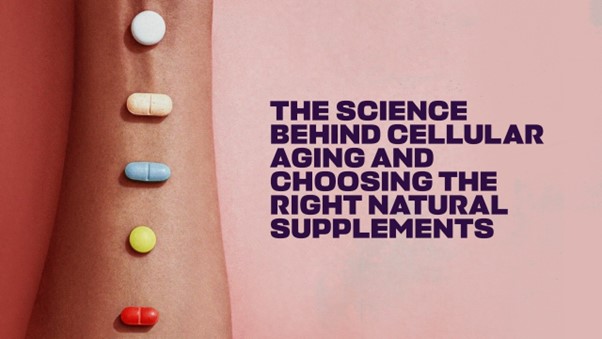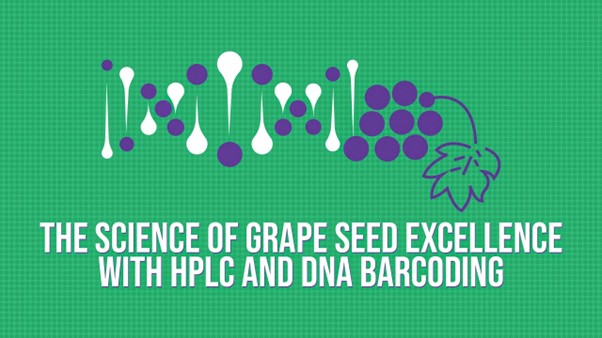You do everything right, from exercising to taking wellness supplements to cope with additional nutrient requirements, but still face health issues? One reason might be the nutrients not getting properly absorbed into your body. This nutrient absorption level is determined by the bioavailability of supplements you take.
What is Bioavailability?
The amount and speed at which a substance enters your bloodstream and reaches its intended location is its bioavailability. It applies to medications, minerals, and even environmental contaminants. Similarly, the quantity of a nutrient from food or supplement that your body can absorb, and use is referred to as its bioavailability.
It is important to note that the bioavailability of a vitamin might vary throughout its forms. Nutrient bioavailability can also be influenced by elements such as the composition of the meal or supplement and the presence of additional nutrients.
How Important is the Bioavailability of a Nutraceutical?
Bioavailability plays a crucial role in the success of nutraceuticals. Here’s why:
High bioavailability is essential for nutraceuticals to deliver their intended benefits. If a nutraceutical ingredient has poor bioavailability, it means that only a small amount of it will be absorbed into the bloodstream and reach its target site in the body. This can significantly reduce the effectiveness of the product.
Is it the Sole Deciding Factor for Choosing Nutraceuticals?
While bioavailability is a critical factor in nutraceutical success, it’s important to consider all of the other factors as well.
What else matters in the efficacy of nutraceuticals other than bioavailability?
- Quality of the ingredients
- The dosage of the active ingredients
- Formulation of the nutraceutical
- Safety for regular consumption with scientific backing










